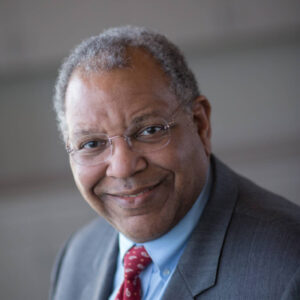This week, the USPSTF issued its draft guidelines for prostate cancer screening. They propose shifting from task force’s recommendation against routine prostate cancer screening to a recommendation for informed and shared decision-making in which the physician and patient discuss the real risks of harm and the potential for life saving benefit before deciding on screening.
To access this subscriber-only content please log in or subscribe.
If your institution has a site license, log in with IP-login or register for a sponsored account.*
*Not all site licenses are enrolled in sponsored accounts.
Login Subscribe
If your institution has a site license, log in with IP-login or register for a sponsored account.*
*Not all site licenses are enrolled in sponsored accounts.
Login Subscribe











